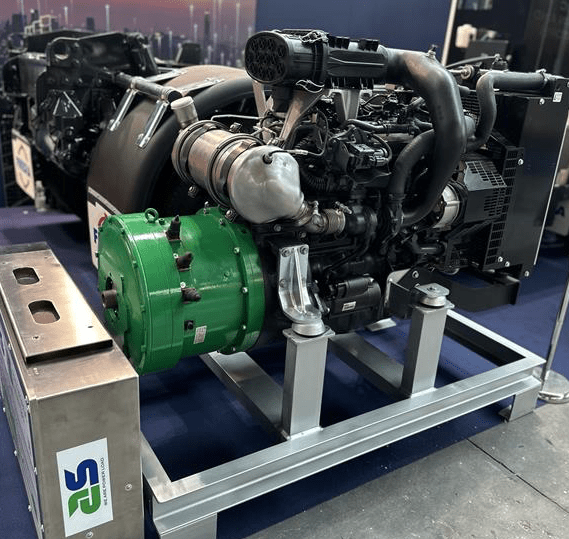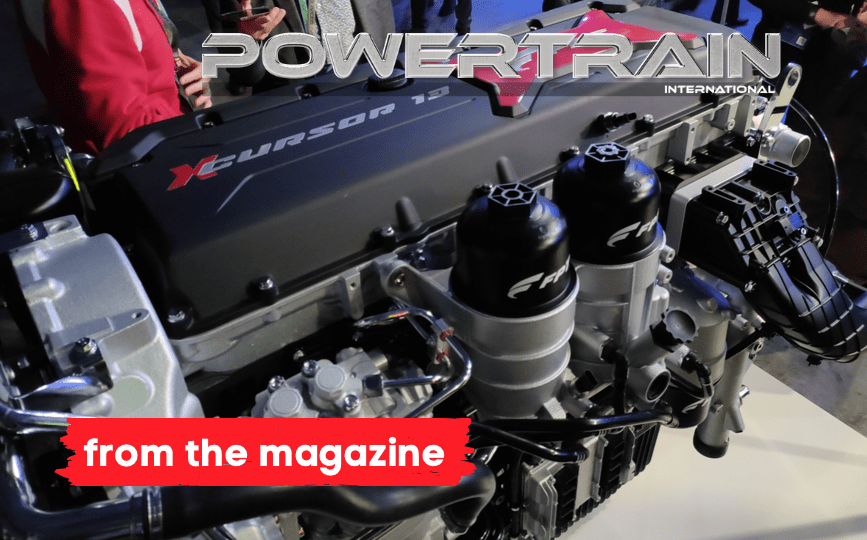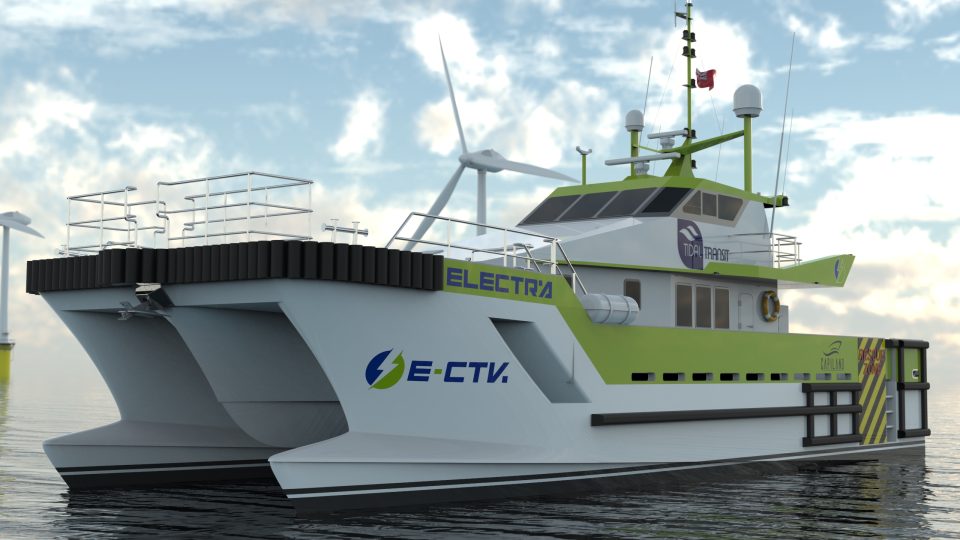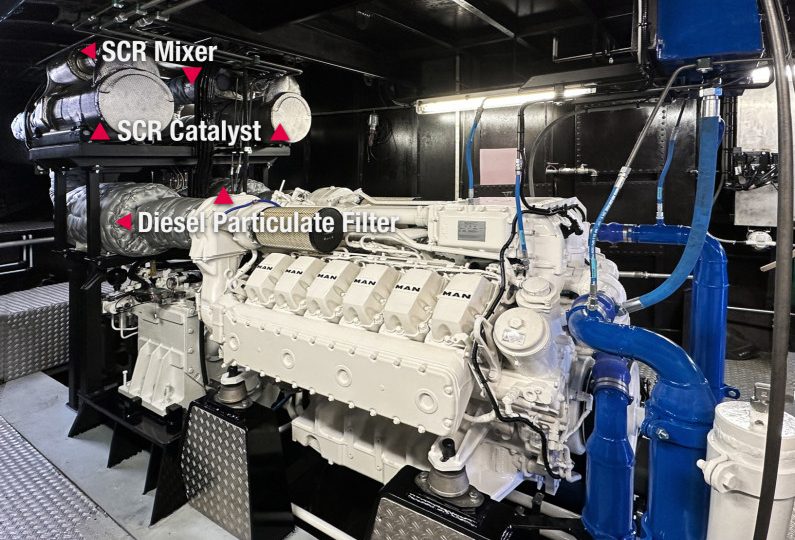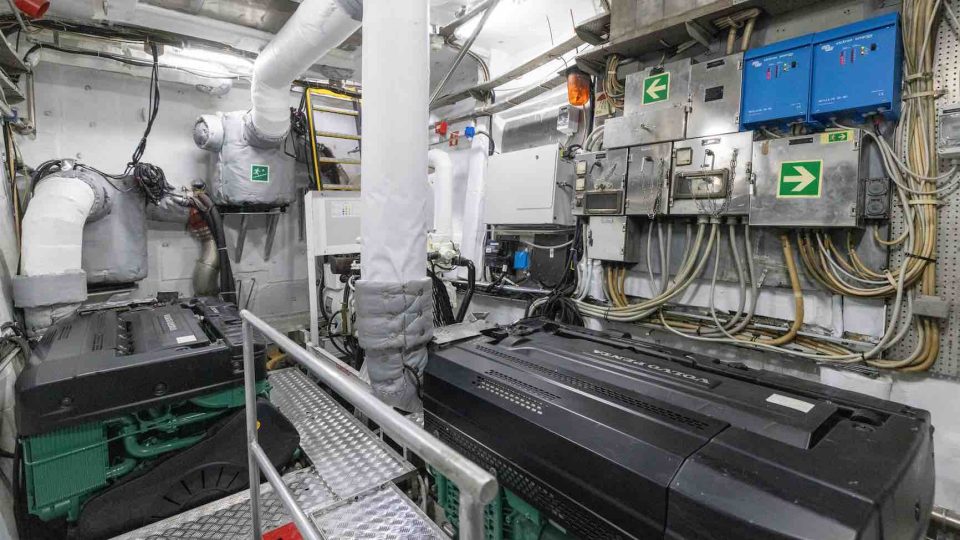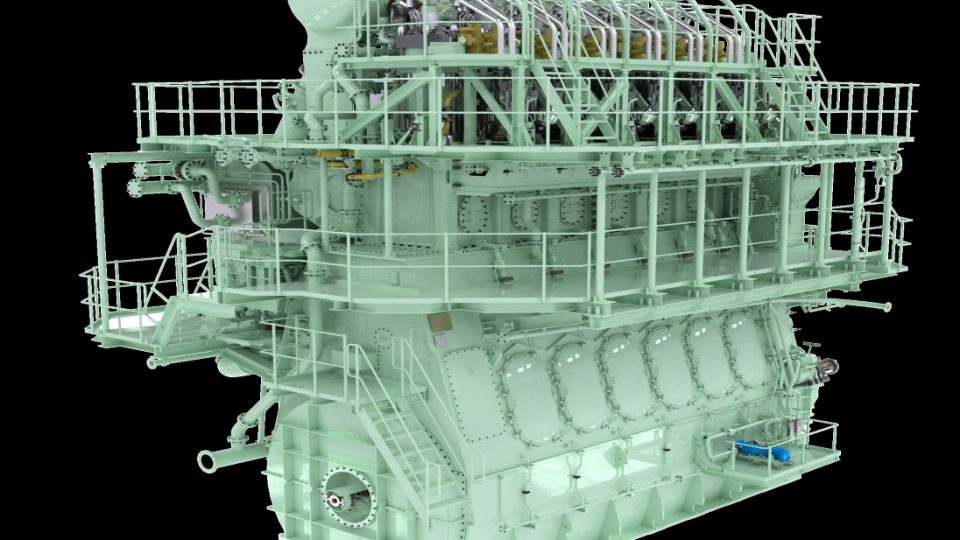Volvo Penta and the Italian nautical sector
After yet another revelation from Volvo Penta, which revolutionized the inboard market and upgraded IPS and sterndrives, it was inevitable that the wind of change could reach Italian yards. What this means exactly for Volvo Penta Italy we asked Andrea Piccione, Marine sales manager, at the Milan headquarters. From Götebörg, Sweden to Milan, Italy. What […]
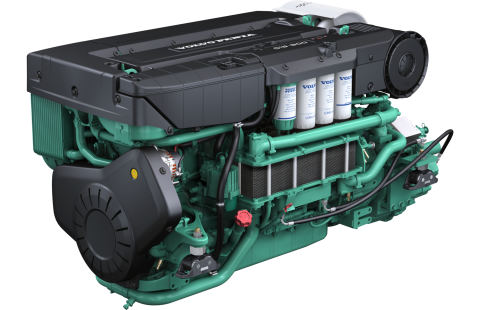
After yet another revelation from Volvo Penta, which revolutionized the inboard market and upgraded IPS and sterndrives, it was inevitable that the wind of change could reach Italian yards.
What this means exactly for Volvo Penta Italy we asked Andrea Piccione, Marine sales manager, at the Milan headquarters.
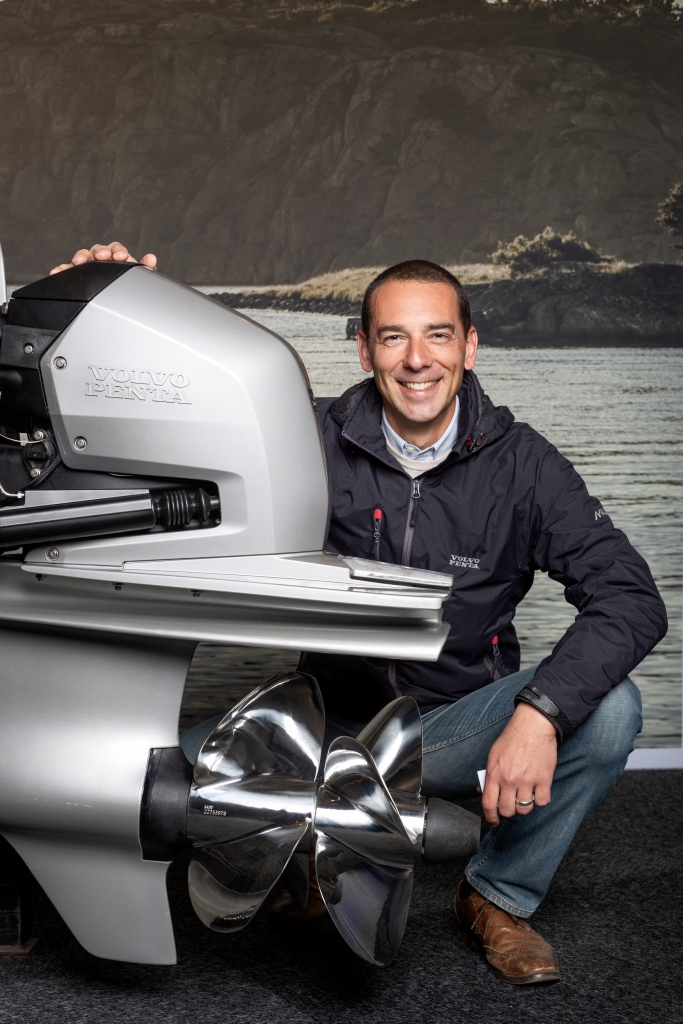
From Götebörg, Sweden to Milan, Italy. What is the connection?
The stylistic and performance update of the D4 and D6 is reflected both in the Dpi transmission and in the Ips range. The top of the range with stern drive delivers 440 horsepower. On the engine side the upgrade is considerable, about 85% of the components have changed, without changing the overall dimensions. However, the most important innovations come from the stern drive. We went from the double cone to the electro-hydraulic clutch, with positive effects on the gradualness of the engagement, on maintenance and on other aspects. Then there is the low speed concept on sterndrives: with the double cone clutch the propeller immediately recognizes the engine speed.
How is the market reacting?
The widespread perception is that we were already positioned at the top of the range. But Volvo stands out for its innovative spirit and we have embraced it. We have overhauled the transmission, eliminating the hydraulic steering system. The standard is now the electric steering system, coming from the Ips.
Few words on the individual updates?
Let’s start with the D8: in 2020 the new heavy duty calibrations will come out, with Imo Tier 3 certification, to operate even on commercial applications such as tugs, fishing boats and ferries. We have extended the rating from level 3 to ratings 1 and 2, for continuous use.
Ips is also ready for heavy duty, commercial and megayacht applications. The pod has been reinforced. The Ips was removed from the D4 to avoid interference with the renewed stern drive (electric steering and friction clutch). Moreover, up to 320 horsepower, the D4 is the reference for the stern drive.
VOLVO PENTA AND THE “NEW” D4 AND D6
How does Volvo Penta evaluate the expansion towards the Balkans of Italian expos?
We have a positive feedback on the Venice Motor Show, an interesting mix of pleasure boating and commercial. Venice is a potential ecosystem for stern drives, appealing to applications like taxis. In passenger transport we are absent and the D8 can be our Trojan horse. For Volvo, the introduction of an integrated hybrid system is postponed to 2021, in line with the easy boating philosophy.
Why do rumors claim that hybrids in the water don’t work?
Coupling mature technologies is not enough to have an efficient system. The added value is integration, a systemic approach to management, including clutch engagement, electric motor load management, electric-diesel compatibility, emissions, torsional vibrations.
While we usually talk about products, electrification forces us to talk about solutions. There is no hybrid for all seasons. A full electric ferry is under construction in Götebörg. The plant engineering effort required by the electrification also concerns the adaptation of the electric grid and the charging stations, as is the case for Volvo Buses, in synergy with Siemens and Abb. We want to transfer this approach into the nautical sector.
Within this framework, I want to underline the collaboration between the Volvo Group, Abb and Chalmers University of Technology for a feasibility study on fast recharging at sea.
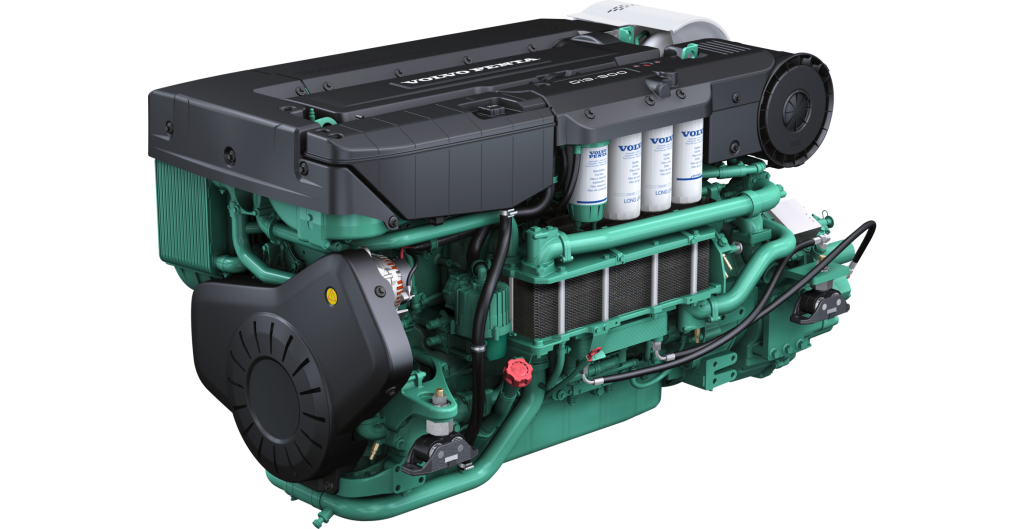
What do you think about the development of gas systems?
The gas in the nautical sector isn’t taking off due to the logistics implications. Moreover, beyond the security connected to storage, the tanks subtract important space and penalize the payload.
What about the SCR?
The SCR is of automotive derivation and represents a transitory solution. Soon we will extend the integrated Ips and Scr solution, currently available up to the D13 800, also on the 900 and on the 1,000 hp.
From 2021, for yachts over 24 meters, the SCR will be mandatory and we will start with an advantage, thanks to the minimal impact of our scrubbers in the machine room.
What are the rumors among the OEMs?
Volvo believes in the implementation of Ips on large installations. On Sanlorenzo SX88 it is already operational, recently Mangusta has joined in with the 33 meters that will touch the water at the beginning of 2020 with a quadruple Ips 1350. Azimut in Cannes will bring the 78 Fly with a triple configuration of Ips 1350. Volvo Penta is considering investing in Italy in a facility dedicated to multiple yacht installations.
Do you confirm that vertical integration in the marine supply chain is the focus of the Volvo Penta philosophy?
The conditions are all there. The Ips allows fuel savings of about 30%, with a view to sustainable sailing. The focus is not on performance but on usability, based on the market trend: the shuttle model is replacing the top speed one, the 50-knot obsession gives way to a cruising speed of 35 knots. We are simplifying maintenance even on D4 and D6, with the removal of some filters and the durability of other components. Another example is the Easy docking. The intention is also to go beyond the mooring sensors on the quay, with 360-degree cameras, to be independent from the mooring limits.
Let’s talk about connectivity.
The first step was the Easy Connect, which connects mobile devices to data acquisition engines and to connect to support.
We are setting up databases to customize the experience on board. Preventive maintenance is another focus. The system will also map the use of the engine and inform the user about maintenance intervals.

